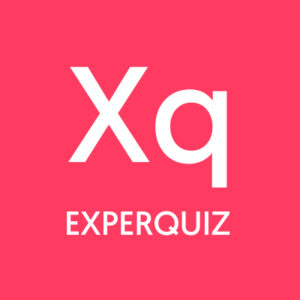Assessment: A Powerful Learning Tool
In the realm of professional training, assessment plays a crucial role in facilitating the acquisition of knowledge and skills. However, this valuable tool is often underutilized, reduced to mere end-of-course evaluations that simply confirm the understanding of concepts covered during training. Yet, assessment, especially in fields like education, human resources, and management, can serve multiple purposes based on varying objectives, contexts, and methodologies.
Types Of Assessment To Utilize
Diagnostic Assessment
Diagnostic assessment is designed to gauge an individual’s level of knowledge or skills before the commencement of an apprenticeship or training program. Typically conducted prior to the initiation of training, diagnostic assessment helps establish a baseline for learners. It can work in conjunction with summative assessment to evaluate training effectiveness by comparing pre-and post-training knowledge levels. Diagnostic assessments can also be useful for group placement, such as in academic settings.
Formative Assessment
Formative assessment involves periodic quizzes or interactive activities within an e-learning module. The goal of formative assessment is to enhance the learning process by engaging learners actively through decision-making. This method proves effective in aiding knowledge absorption and is relatively easy to implement. It also serves as a means to track learning progress and address gaps with supplemental content.
Summative Assessment
Summative assessment aims to measure the level of skill or knowledge acquired at the conclusion of a learning period or training program. Usually utilized for grading or certification purposes, summative assessments are conducted under controlled conditions. For instance, they can be employed at the conclusion of an e-learning module to validate knowledge and enable progression to the subsequent module.
Certification Assessment
Certification assessments, akin to summative assessments, confer professional certifications or diplomas upon successful completion. These assessments accredit and validate skills or knowledge under monitored conditions, either digitally or in-person, to guarantee credibility.
Normative Assessment
Normative assessments do not evaluate individual knowledge; instead, they compare individuals’ performance, often in competitive contexts. They facilitate ranking systems like school ratings or entrance exams. Normative assessments require controlled conditions, sometimes necessitating exam proctoring solutions for digital assessments.
Criterion-Referenced Assessment
Criterion-referenced assessments measure an individual’s performance against set criteria or standards, irrespective of others’ performance. Success in criterion-based assessments necessitates meeting various specific criteria rather than simply achieving an overall score, as seen in summative assessments. This method is analogous to the objective criteria used in driving tests to obtain licenses.
Self-Assessment
Self-assessment empowers learners or employees to self-evaluate, reflecting on their performance for improvement. This technique is commonly applied during or after learning processes or projects, allowing individuals to introspect without the pressure of right or wrong responses.
Participatory Assessment
Peer assessment involves gathering evaluations from peers working in similar roles or possessing comparable knowledge levels. It is often employed during or after collaborative learning experiences or team projects.
Continuous Assessment
Continuous assessment is prevalent in academic settings, enabling the ongoing measurement of knowledge to provide a dynamic view of progress or performance over a project or training duration.
Assessment Is A Specialized Field
Each assessment form serves specific objectives, offering distinct advantages and disadvantages. The selection of an assessment method hinges on desired outcomes and application contexts. To maximize their benefits, it is crucial to adopt a comprehensive and reliable solution that encompasses functionalities, options, and statistical analysis of results.

ExperQuiz
The fully featured LMS focused on assessment to maximize learning and skills management!
Originally published at www.experquiz.com.



